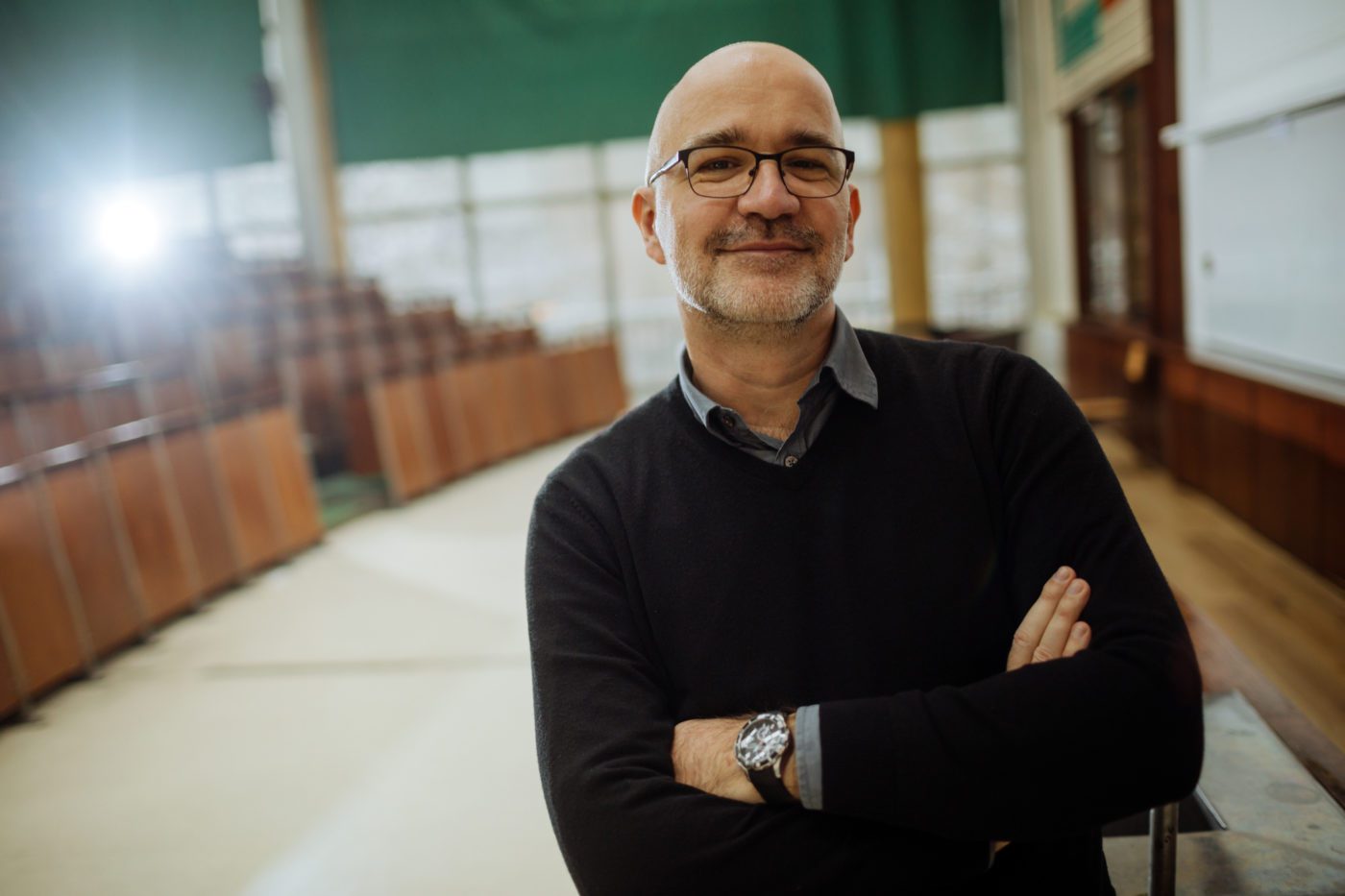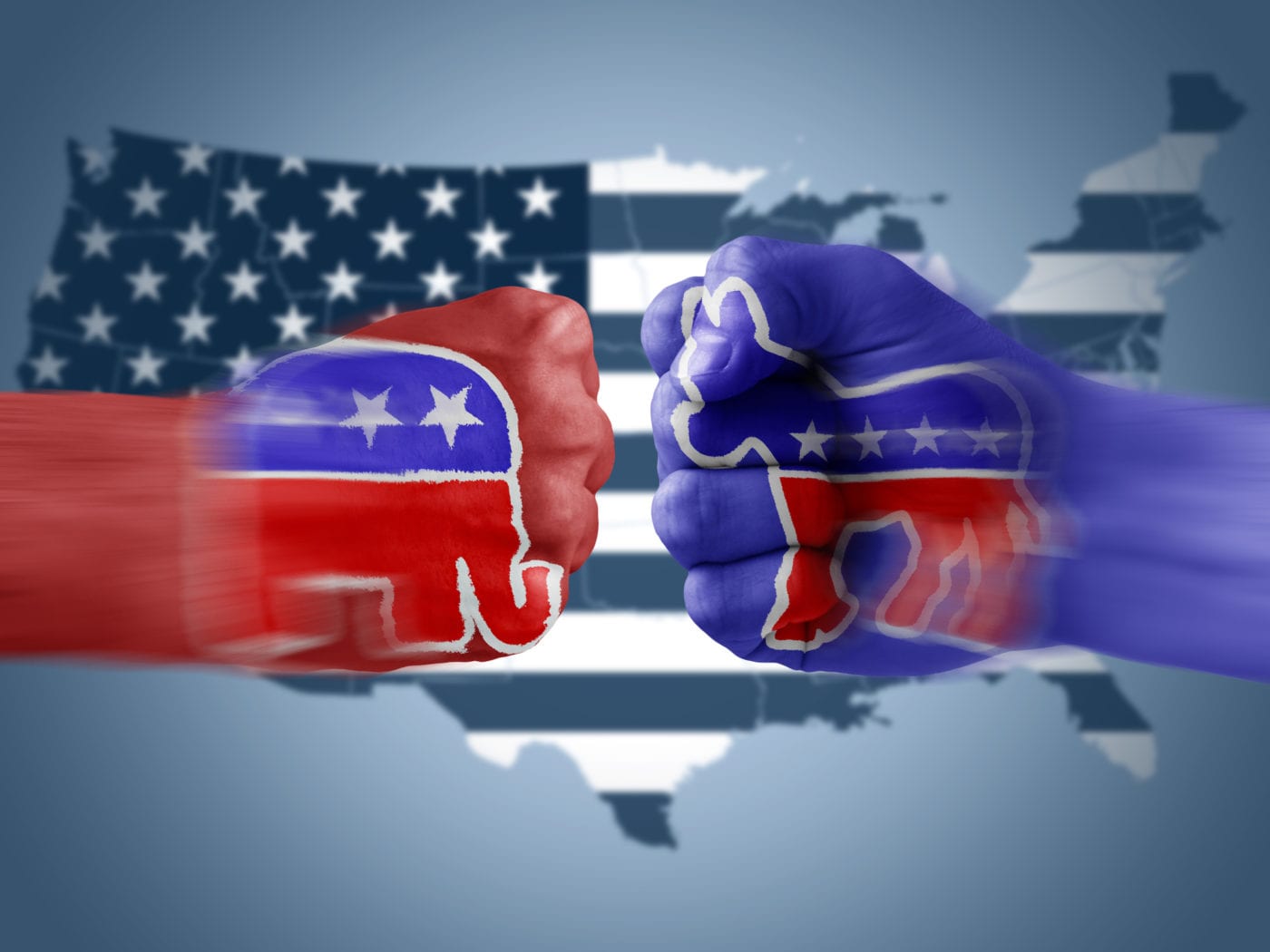In November 2016, someone on Twitter posted that emails confirmed Hillary Clinton was involved in a child sex ring. Despite zero evidence confirming the story, it was passed on through the internet from blogs to message boards. Even prominent internet personalities retold the lie without any proof. Ultimately, the lie was expanded to include a connection to a DC pizza place. After that, the hashtag “pizzagate” was created, throwing gasoline onto the burning fire. Maybe this wouldn’t have been a big deal, except that a month after the lie started, a man showed up at the pizza place with several guns looking for justice. Fortunately, no one was physically hurt, but an unfounded lie easily could have led to the deaths of innocent people. Years later, despite being debunked, people still pass on this lie.
How is it that lies like this one seem more and more prevalent these days? Perhaps it’s an insatiable desire for attention or our partisan division. Or worse, we know the truth but somehow think continuing a lie somehow serves the greater good. Blatant lies are being passed on without any critique at an increasing rate. And to pass on a lie is to tell a lie. It gives lies credibility. We need to pursue and promote the truth. In order to do that, we need to reject lie creation and expansion. To do that, we need to avoid the following. Here are 5 ways we empower lies.
1. We get lazy.
Working out feels good after we’ve done it, but getting started and doing it consistently are the hard parts. Critical thinking is the same way. It takes work. You need to ask questions, listen and understand multiple perspectives, and consult reliable sources. And I’d like to emphasize the word reliable in that last sentence. It doesn’t mean a source that supports the narrative you want to be the truth. This takes me to the second point.
We can’t just look for information that affirms our opinions, political affiliations, or worldviews.2. We let our own biases go unchecked.
We all have biases. But do we recognize them, and how hard do we work to not allow those biases to blind us? Do we let our emotions outweigh the facts? We can’t just look for information that affirms our opinions, political affiliations, or worldviews. Instead, consider all of the information as objectively as possible. If we all committed to this, we’d see fewer lies being passed on.
3. Justifying behavior becomes our number one goal.
It’s easy for us to justify the behavior of family, friends, loved ones, and politicians who represent our views. Covering for or minimizing the damage of bad behavior eventually loses us our integrity and credibility. Spreading lies or spinning the story to make “our people” look more favorable weakens our morality and conscience. This in turn lessens our grip on reality and the ability to recognize truth from lies.
4. We make assumptions.
Several months ago, I made a lighthearted comment on a Facebook post. Ten minutes later, another commenter accused me of mistreating my daughter and essentially being a horrible father. She assumed all of that from the two sentences I wrote. Clearly, her own experiences, biases, and wounds made her project a story onto my relationship with my daughter that wasn’t true. Making assumptions is a great way to start lies and pass them on, especially when it’s done with limited information.
5. Our pride and arrogance rule over us.
We can arrogantly see ourselves as the good ones and those who disagree with us or represent something different as bad or evil. This type of thinking deludes us into feeling that we are the heroes of this world, opposing everything wrong. It makes us more susceptible to believing mistruths about people we disagree with or perhaps worse. Perhaps we are willing to pass on information we know is a lie or a half-truth because we think it’s worth it to defeat the other side. But Proverbs 21:6 warns us, “A fortune made by a lying tongue is a fleeting vapor and a deadly snare.” Jesus called his followers to a higher standard when he said, “Love your enemies and pray for those who persecute you.” It’s difficult and takes humility. However, if we all did that, I think we’d see a lot fewer lies in the world.
Sound off: What are some other ways we empower lies?












Huddle up with your kids and ask, “Why is it important to tell the truth?”